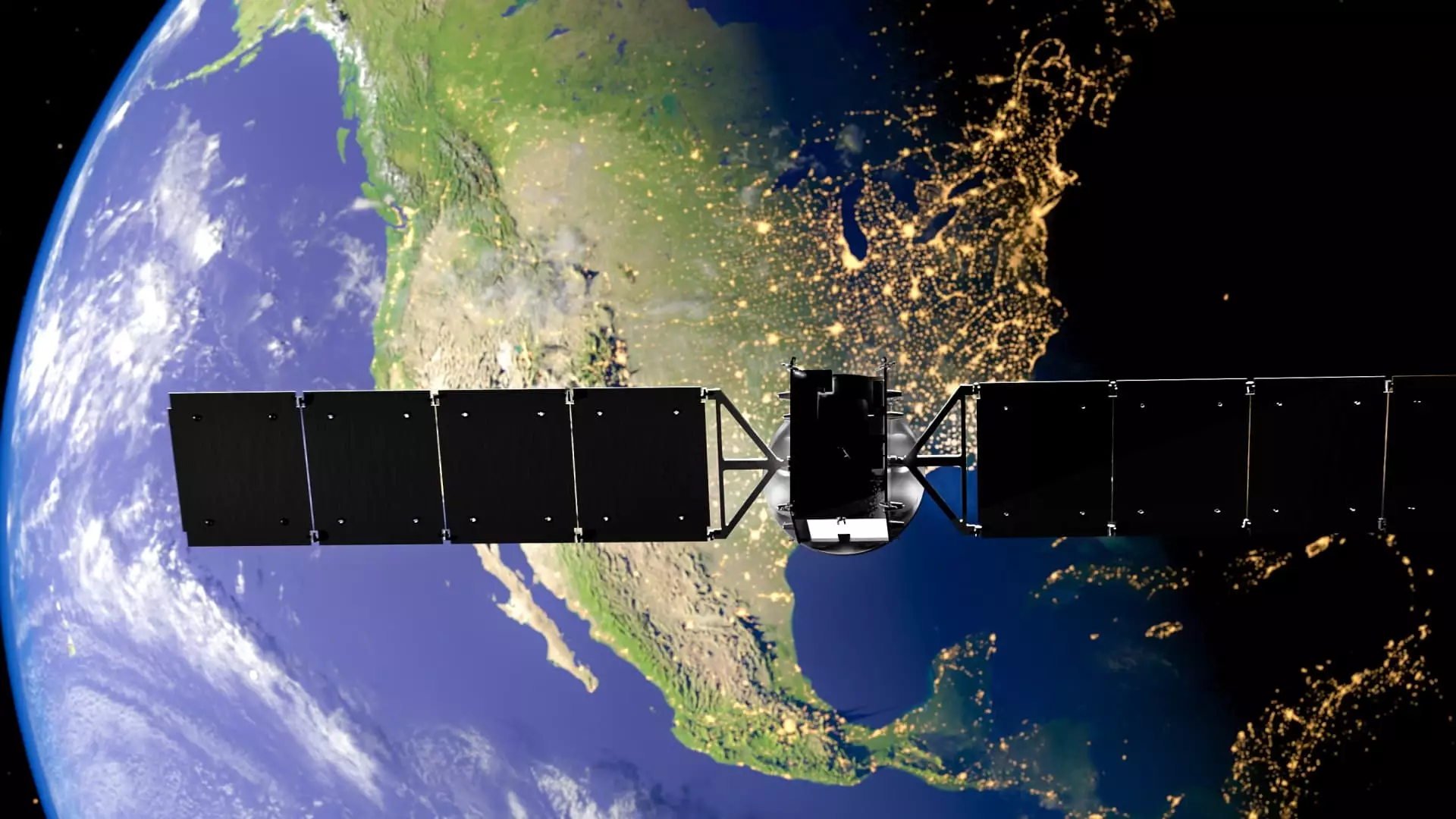Nearly five decades ago, the U.S. Air Force launched the Global Positioning System (GPS), a network of satellites that would revolutionize the way we approach navigation, timing, and positioning. This technological marvel is no longer confined to military operations; it has permeated almost every facet of civilian life, underlining its significance as a foundational element of our economy and daily activities. A study from the U.S. Department of Commerce estimates GPS has generated over $1.4 trillion in economic benefits. In contrast, the potential ramifications of an outage have been predicted to cost the economy up to $1 billion per day. Such figures underscore that GPS is not merely a convenience but an essential utility akin to water and electricity.
As we navigate forward, it becomes increasingly crucial to recognize the potential threats this system faces, especially from geopolitical rivals like Russia and China. The U.S. Space Force, cognizant of such vulnerabilities, is proactively addressing these challenges by developing a backup satellite system, aptly named the Resilient Global Positioning System (R-GPS). This initiative reflects the growing recognition of GPS’s role as a critical infrastructure component and emphasizes the need for resilience against possible disruptions.
The R-GPS program, with investments estimated at approximately $2 billion, aims to create an alternative network designed to support and reinforce the existing GPS infrastructure. Lt. Col. Justin Deifel, who leads this initiative at the Space Force’s Space Systems Command, articulated the program’s necessity—GPS is fundamental for everything from financial transactions to agriculture. To safeguard these operations, the U.S. military is keen on utilizing cutting-edge commercial space technologies to develop an array of backup satellites.
Recently, four companies were awarded contracts to work on design concepts for R-GPS: Astranis, Axient, L3Harris, and Sierra Space. This move marks a significant shift toward public-private partnerships in the realm of national security, as the Pentagon acknowledges the innovative capabilities of the commercial space sector.
For companies like Astranis, which recognizes the immense potential within satellite services beyond just internet connectivity, this collaboration with the U.S. Space Force opens new doors. The recently launched Nexus product line represents Astranis’ contribution to R-GPS. By employing similar technology as its broadband satellites, Astranis plans to engage in positioning, navigation, and timing (PNT) services—highlighting a diversification in their operational capabilities.
Astranis’s CEO, John Gedmark, highlighted a shift towards “higher orbits” in satellite technology, indicating the growing interest from the national security community in leveraging commercial solutions for defense needs. The investment landscape for such projects is promising, with R-GPS seen as a multi-billion dollar opportunity, particularly with Space Force seeking to establish a constellation with at least two dozen satellites.
Innovatively maneuvering through bureaucratic challenges, the Space Force utilized a novel funding approach known as “Quick Start,” which allowed for rapid progress on the R-GPS program. In under six months, the initiative transitioned from conception to awarding initial contracts—a striking comparison to traditional military procurement processes that can stretch over several years. This unprecedented speed reflects a recognition of the urgent need for enhanced resilience in navigation systems, an outcome that is essential not merely for defense, but for the economy at large.
The preliminary funding allocated for design studies totaled $40 million, with an eye towards rapid implementation. The strategic planning aims for an initial batch of at least eight satellites, with launch timelines targeting as early as 2028. While the finetuning of designs continues, the potential selection of one or more companies will pave the way toward constructing this vital new satellite network, ultimately enhancing national security.
The Path Forward
Despite a recent setback involving a malfunction of Astranis’ first satellite due to an unrelated issue, the company’s prior experiences operating in high orbits equip them with confidence and insights for the R-GPS program. Their proven approach, involving a low-cost, radiation-hardened satellite designed for secure operations, serves as a beacon of innovation.
The trajectory for GPS-related programs in the U.S. hints at a future that not only safeguards our existing satellite infrastructure but also embraces the transformative capabilities offered by commercial entities. As the global landscape continually evolves, proactive measures like the R-GPS initiative exemplify a commitment to both economic welfare and strategic defense—paving the way for a more robust navigation ecosystem that everyone can rely on. The fusion of military and commercial interests in the space sector is not just a forward-thinking strategy; it is an essential step towards safeguarding our collective future.


Leave a Reply